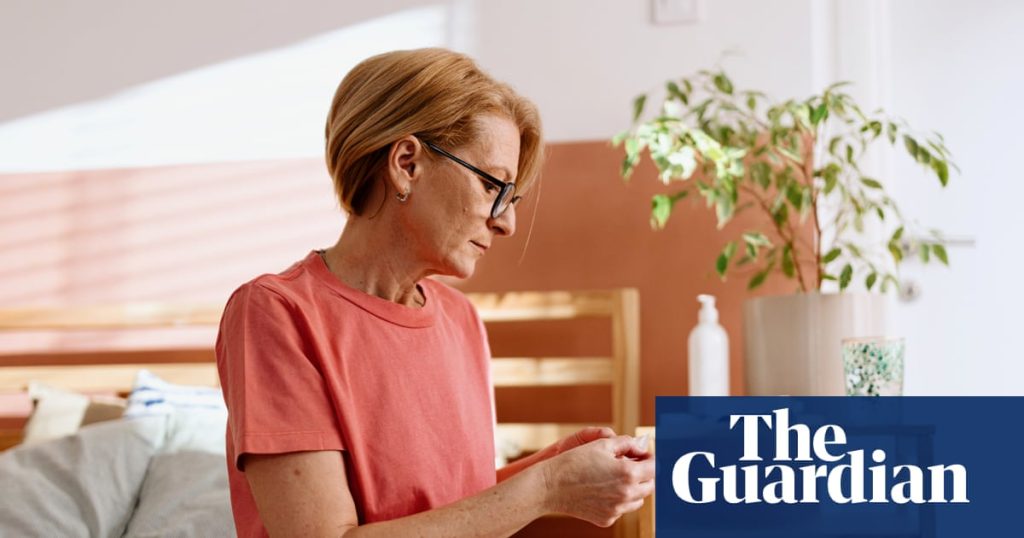Listen to the article
Millions of women are being exploited by what experts are calling a “menopause gold rush,” as companies, celebrities, and social media influencers capitalize on the lack of reliable information about this natural life transition.
According to researchers at University College London (UCL), healthcare companies and content creators increasingly view menopause as a “lucrative market” and are profiting from significant gaps in public knowledge, often at women’s expense.
The study, published in the medical journal Post Reproductive Health, found that only 22 percent of the 1,500 women surveyed felt well-informed about menopause. One participant candidly admitted, “Everything I know about the menopause I learnt on Instagram from other women.”
“We have a menopause gold rush because companies, investors and people see menopause as a lucrative market,” explained Professor Joyce Harper, the lead author of the study from UCL’s Elizabeth Garrett Anderson Institute for Women’s Health.
The researchers described a troubling landscape of menopause support, calling it “fragmented” and warning that it leaves women “vulnerable to financial exploitation, may propagate misinformation and is likely to amplify existing menopause-related health inequities.”
This exploitation comes at a time when many women struggle with symptoms that can significantly impact their quality of life. Menopause symptoms can include physical manifestations such as hot flushes, palpitations, and sleep disturbances, as well as mental symptoms like brain fog and mood changes.
The timing of menopause often coincides with what Dr. Shema Tariq, the senior study author from UCL’s Institute for Global Health, describes as a “crunch point” in women’s lives. “We may be juggling multiple caring roles as well as the demands of work, and potential impacts on our self-esteem and relationships,” she noted.
In response to these findings, the UCL team is calling for the development and implementation of a national education program to better support women through menopause. Nine out of ten women surveyed agreed that such a program is needed, with preferences for a service delivered either in person or online across weekly sessions spanning two to four weeks.
Women emphasized that any educational program must be accessible, accurate, and based on the latest scientific evidence. Participants specifically mentioned the importance of “myth busting” as part of such initiatives, highlighting the prevalence of misinformation in the current landscape.
The UCL research team has already begun developing a training program designed to help women prepare for menopause and support those currently experiencing symptoms. Professor Harper expressed hope that such a program would receive government funding.
“While public awareness of menopause has greatly improved recently, there has been a rapid expansion in private companies and individuals providing menopause education, especially on social media, which has led to misinformation which can make existing menopause-related health inequities worse,” Harper explained.
This commercialization of menopause education has created a vacuum where reliable, evidence-based information should exist. As Dr. Tariq emphasized, “There remains a dearth of evidence-based, theoretically informed and rigorously evaluated public health programmes targeting individuals around the time of menopause and immediately afterwards.”
The researchers advocate for universal access to accurate information and support networks. “We believe that everyone should be entitled to accurate information and support networks, free of charge, so they are better able to navigate this stage of life,” Dr. Tariq stated.
The study highlights a growing tension between commercial interests and women’s health needs. As public discussion around menopause increases, the research suggests that without properly regulated, evidence-based information sources, women will continue to be vulnerable to exploitation by those seeking to profit from their health concerns.
Experts hope that by developing standardized educational resources and support systems, women can be empowered to make informed decisions about their health during menopause, free from the influence of profit-driven misinformation.
Fact Checker
Verify the accuracy of this article using The Disinformation Commission analysis and real-time sources.



